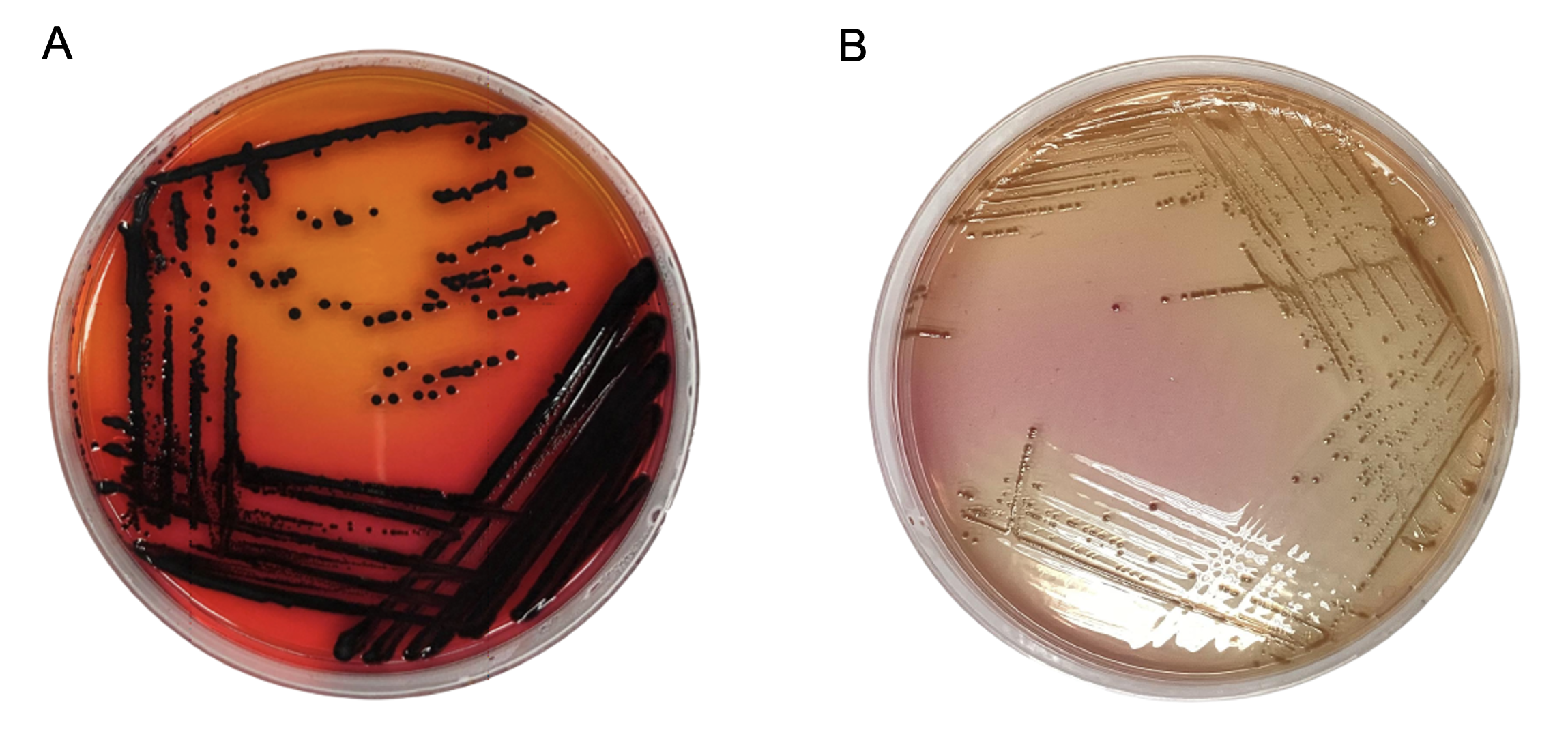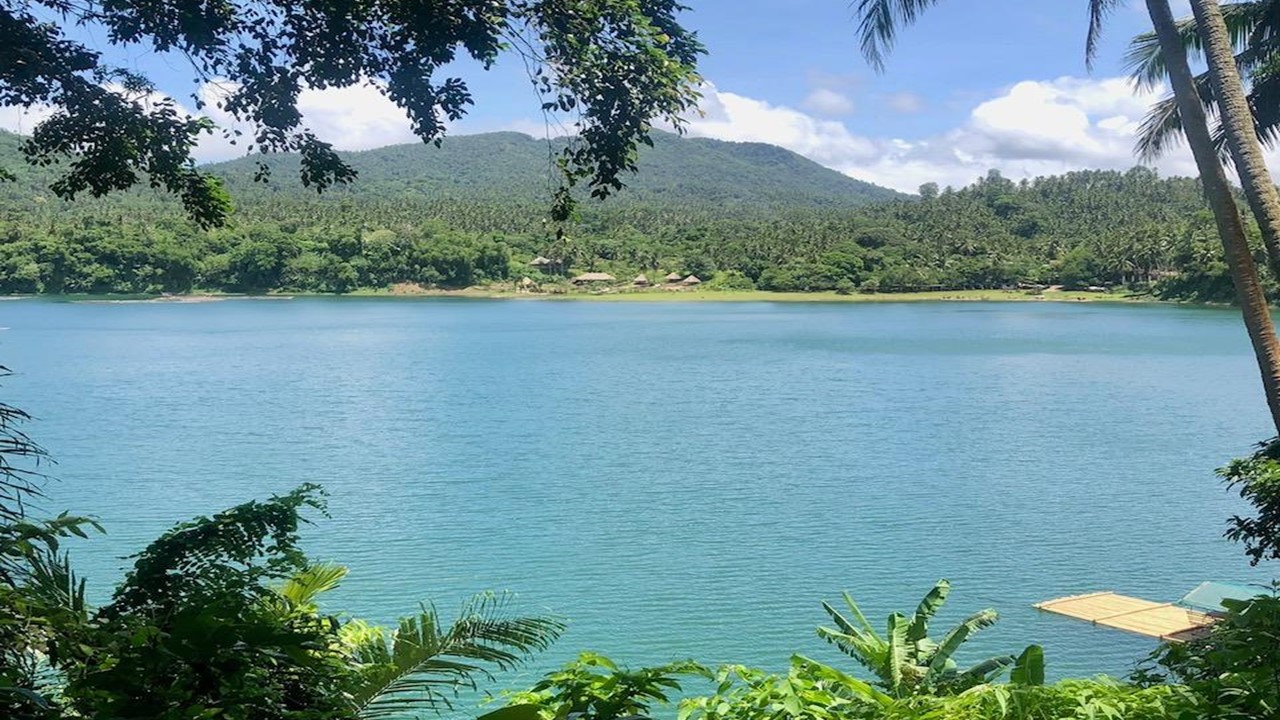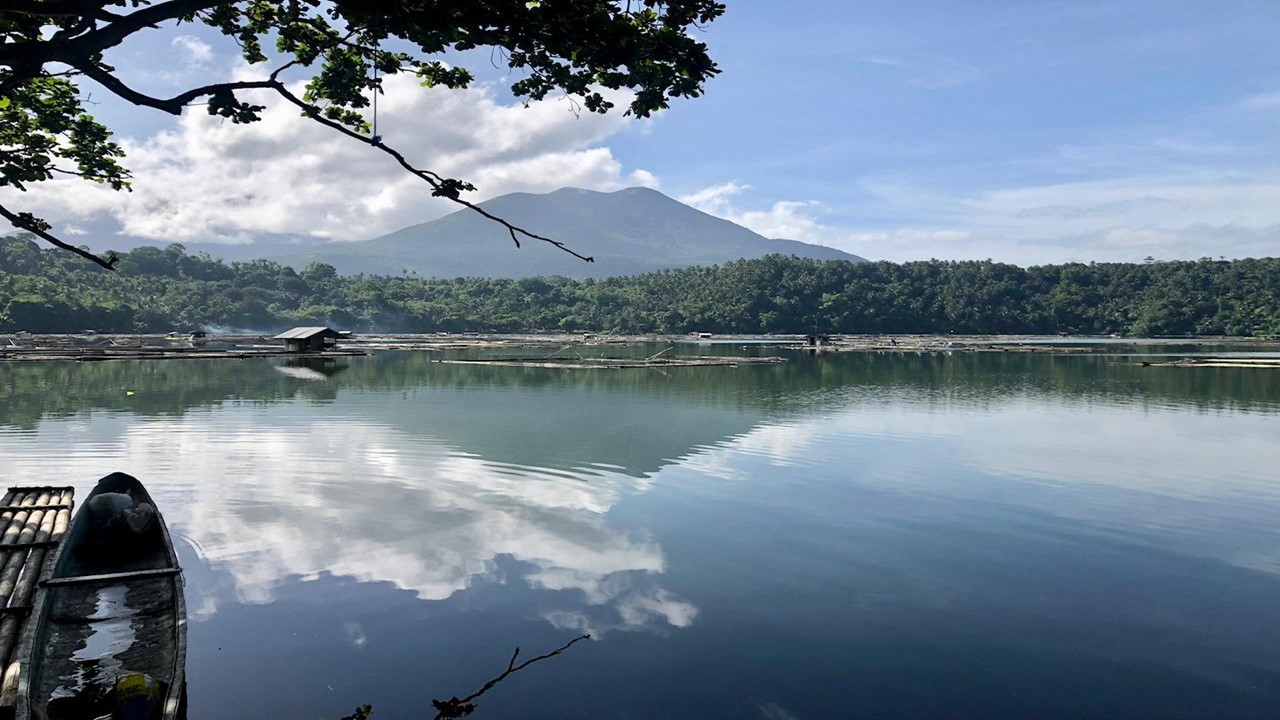The Seven Lakes of San Pablo, known for their economic and tourism significance, have been facing potential challenges to their water quality partly due to ongoing human activities.
These lakes serve as vital sources of income for local communities and provide opportunities in local businesses, aquaculture, agriculture, and tourism. However, constant human activities in the vicinity have raised concerns regarding the negative impact on water quality. Among the potential effects is the emergence of disease-causing microorganisms that can pose risks to both humans and animals and may even affect aquaculture productivity.
Recognizing the need to address this concern, the University of the Philippines Los Baños currently implements a project, “Prevalence Monitoring of Selected Emerging Bacterial Pathogens on the Surface Water and Aquaculture of the Seven Lakes of San Pablo, Laguna, Philippines.” Being led by Dr. Ronilo Jose D. Flores, the project is strongly supported through the funding of the Philippine Council for Agriculture, Aquatic and Natural Resources Research and Development of the Department of Science and Technology (DOST-PCAARRD).
Laboratory tests were conducted to measure the levels of total and fecal coliform bacteria in the lake water. The team then isolated and identified potentially disease-causing microorganisms, such as putative Enterohemorrhagic/Verotoxin-Producing Escherichia coli O157:H7 and putative Salmonella spp., from tilapia and lake water samples. These microorganisms, considered emerging pathogens, can cause diseases and pose concerns for water quality, food safety, and fish farming.
To tackle these pressing issues, the project team partnered and engaged with the local government units of San Pablo including the Sangguniang Bayan, the Municipal Environment, Agriculture, and Tourism Offices, local fisherfolk organization, and with lake community members seeking their support and collaboration. Through meetings and presentations, the team shared the project's objectives, aiming to equip and involve the partners and stakeholders in addressing the challenges at hand.
Aligned with its objectives, the project team conducted surveys and interviews using a participatory rural appraisal approach, among stakeholders from each of the seven lakes. These interactions enabled the team to assess the microbial contamination levels and possible hotspots in the lakes, as well as understand the human activities taking place within and around the lake areas. The gathered information helped in identifying additional sampling locations and determining areas where contamination may be more prevalent.
Understanding the prevalence of these pathogens will aid in assessing and gauging the current state of microbial contamination of the lakes. It will help in formulating effective measures and policies to ensure the safety and cleanliness of the lake.
In line with their commitment to fostering a healthy ecosystem, the researchers plan to expand their analysis to develop detection methods for other emerging pathogens in humans and fish farming to ensure safety, quality, and productivity of inland waters.
The project stands as a testament to the dedication of researchers and stakeholders in preserving the wonders of San Pablo’s Seven lakes while safeguarding the well-being of its communities. Through rigorous scientific investigations and collaborative efforts, this interdisciplinary, intersectoral, and interagency project strives to help co-create a sustainable future, where the lakes continue to thrive as invaluable resources for generations to come.


Lake Yambo, another part of San Pablo City’s Seven Lakes. (Image credit: UPLB Project Team)

